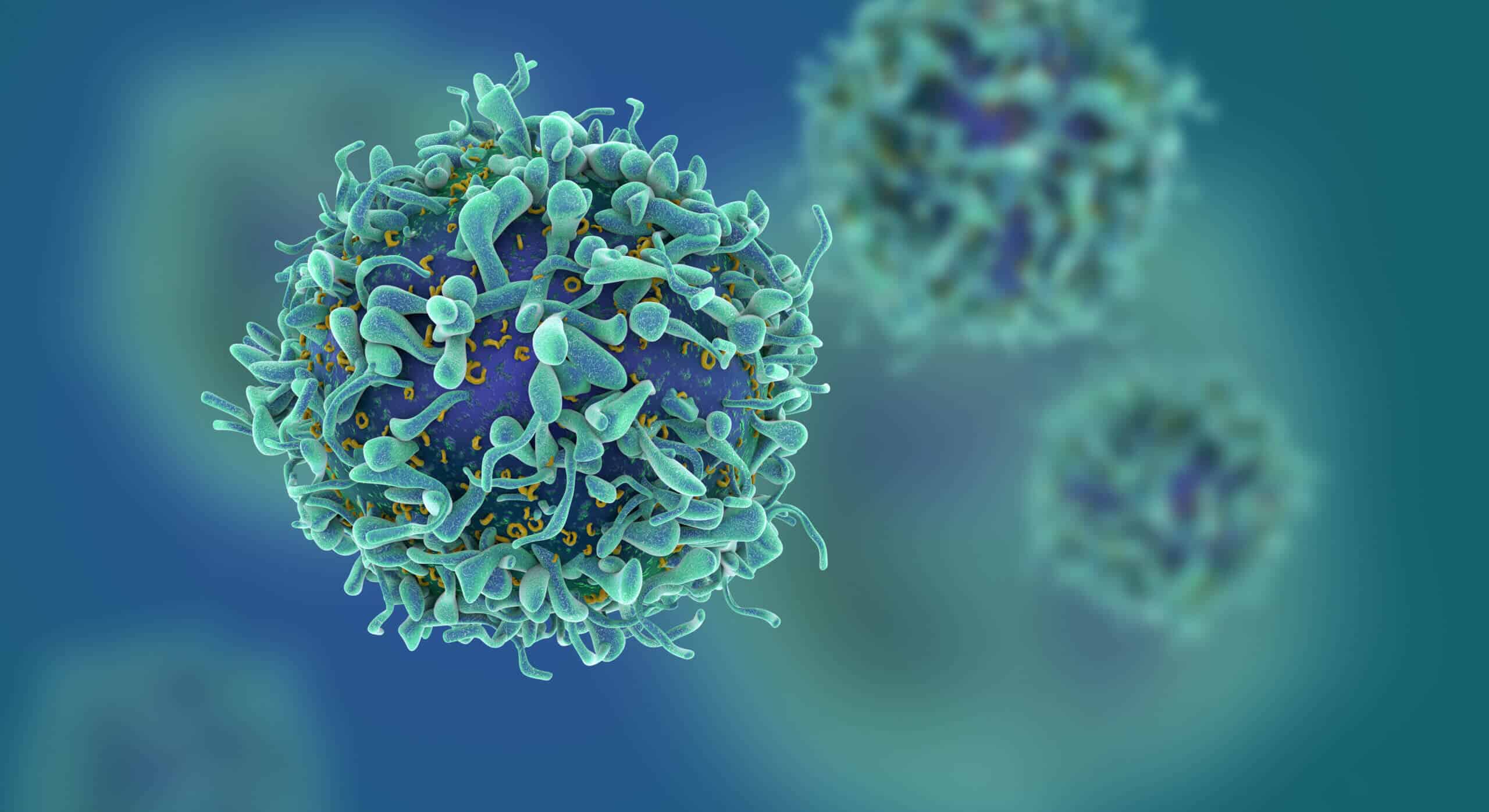Oncology & Hematology
A 360-Degree Approach to Novel Oncology and Hematology Treatments
Backing You Throughout the Development Process
Our understanding of the molecular drivers and immunological mechanisms of disease are stirring seismic shifts in the oncology and hematology treatment landscapes. A continuously evolving environment demands expertise across every stage of product development. For Premier, this is terra firma. Our full-circle perspective supports you with regulatory consulting, nonclinical services, adaptive and biomarker-driven trial designs, connections to patient advocacy groups, clinical trial delivery, and proven strategies for engaging patients and families throughout the development process.
Unmatched Expertise for Maneuvering Through Complexity
With a track record of nearly 200 oncology and hematology projects over the past five years — including multiple rare cancer, pediatric, and cell and gene therapy studies — we invest our experience in your success and continue to expand our capabilities.

From Breakthrough Science to Breakthrough Therapies
Oncology and hematology drug development has been transformed by immuno-oncology, emerging therapies, and the evolution of precision medicine. As treatments become more complex, the need for smarter product development and clinical trial management grows. Premier provides a holistic approach to delivery to enhance the likelihood of success, from concept to commercialization.
- Experience across the spectrum of treatment modalities, including cell and gene therapies, monoclonal antibodies, targeted immunotherapies, metabolic pathway inhibitors, and growth pathway inhibitors.
- Innovative study designs, including master protocols or platform trials, biomarker-guided studies, and adaptive designs for both early- and late-phase trials.
- A track record of recruiting and engaging difficult-to-find patient populations for rare, ultra-rare, and pediatric oncology and hematology indications.
- Medical device expertise that spans more than 20 years and includes companion diagnostics and liquid biopsies for early cancer detection, patient stratification, treatment eligibility, and response monitoring.
- Collaborative strategic partnerships with biodatabanks, multiomic reference laboratories, and leaders in advanced computational modeling and simulation to accelerate development and minimize risk.
Agility and knowledge at your fingertips
Resources

Perspective Blogs
Considerations for Applying Adaptive Design Approaches to Early Oncology Studies
By utilizing accumulating data to modify the operating characteristics of an active trial in accordance with pre-specified rules, adaptive designs can make clinical trials more flexible, efficient, and informative than fixed-sample designs.1 Adaptive design approaches can be applied across all phases of clinical development, including early oncology studies.

Perspective Blogs
Unlocking the Full Potential of Precision Medicine in Oncology
Precision oncology promises a new standard of care where therapies are tailored to the molecular profile of a specific tumor. For the full potential of precision medicine to be realized, regulatory, technical, clinical, and economic frameworks will need to evolve to the nuances of these novel treatments.
Meet the Experts
Oncology & Hematology
Featured Resources

Webinar
Next-Generation CAR-T Therapies: Optimizing Opportunities and Operationalizing Patient-Centric Oncology Clinical Trials

Premier Insight
Premier Insight 283 | Rescuing a Phase 1 Oncology Trial: Long-Standing Experience Saves Study Momentum

White Paper
Safety, Efficacy, Cost: The Trifecta for Increasing Access to CAR-T Therapies






